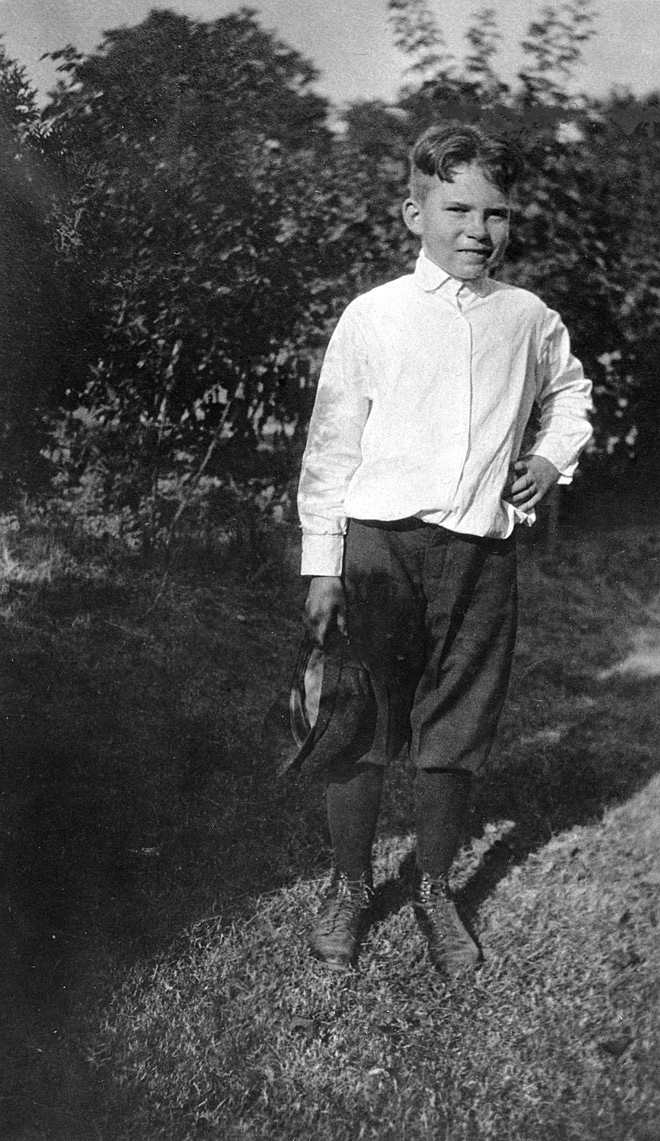
Biography
Richard Nixon
(January 9, 1913 - April 22, 1994)
Richard Milhous Nixon was born on January 9, 1913 on the lemon ranch of his parents, Francis and Hannah Nixon in Yorba Linda, California and raised in nearby Whittier. He attended Whittier College and Duke University School of Law and then joined a law firm in his hometown. He and Patricia "Pat" Ryan met in 1938 at rehearsal for a community play in which they were both acting. They were married in 1940, and would later have two daughters, Patricia (Tricia) (1946) and Julie (1948). In 1942 he received a Navy commission and served in the Pacific theatre.
Nixon won a seat in the U.S. House of Representatives in 1946. In 1948, as a member of the House Un-American Activities Committee (HUAC), he led the investigation of Alger Hiss, a former State Department official accused of spying for the Soviet Union. After two terms he was elected to the U.S. Senate in 1950.
In 1952, General Dwight D. Eisenhower selected Nixon as his running mate. Two months later, an article was published claiming that campaign donors were buying influence with Nixon. To rebut his critics, Nixon appeared on television to the largest audience in history to date. In the live, nationwide broadcast, Nixon said that his family had accepted one campaign gift for themselves: a beloved dog named Checkers whom they intended to keep. The speech was a great success, proving the importance of television as a political medium.
The Eisenhower-Nixon ticket won the 1952 Presidential election and was re-elected to a second term in 1956. Vice President Nixon undertook many goodwill tours of foreign countries in an effort to increase support for American policies during the Cold War. After losing the 1960 Presidential election to John F. Kennedy and an unsuccessful bid for governor of California in 1962, he practiced law, wrote, and traveled extensively in Europe and Asia.
In 1968 Nixon was elected the 37th President of the U.S. Nixon’s foreign policy aimed to reduce international tensions by forging new links with old rivals. He began normalizing diplomatic relations with the People's Republic of China, established the policy of détente with the Soviet Union and pursued domestic initiatives that included establishing the Environmental Protection Agency and bringing about the peaceful desegregation of public schools in the South.
On July 20, 1969, Nixon made what has been termed the longest-distance telephone call ever when he spoke from the Oval Office to astronauts Neil Armstrong and Buzz Aldrin during man’s first landing on the moon.
Following Vice President Spiro Agnew's resignation in October 1973, Nixon nominated House Minority Leader Gerald R. Ford to succeed Agnew. Following revelations from the Watergate tapes, Nixon resigned on August 9, 1974. Vice President Ford then became president of the United States.
In retirement, Nixon traveled throughout the United States and dozens of countries in Europe, Asia, Africa, and the Mideast. In addition to his travels, Nixon kept up a full schedule of speaking and writing, completing ten books during his post-presidential lifetime. Nixon died on April 22, 1994, in New York City and was buried in Yorba Linda, California on April 27, 1994.
